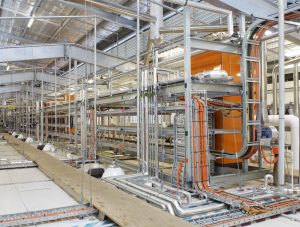Ministers from the 12 nations involved in the Trans-Pacific Partnership (TPP) trade deal have officially signed the agreement in Auckland, New Zealand earlier this month.
The TPP is a web of agreements designed to boost trade and economic growth between the signed countries, which now includes Australia, Brunei, Canada, Chile, Japan, Malaysia, Mexico, New Zealand, Peru, Singapore, the United States and Vietnam.

In our previous update, posted when the specifics of the TPP was agreed upon last year, we highlighted that the agreement would benefit Australian sectors of Agriculture, Dairy, Grains and Rice. Read more on these benefits HERE.
New Zealand’s red meat sector has dubbed this latest milestone as “a significant step towards reducing the amount of tariff and non-tariff barriers on red meat exports.”
Nearly one-third of those total exports go to TPP member countries, with a significant proportion of those tariffs paid in Japan ($77 million) – where applied tariffs on beef exports are 38.5%.
In most recent news, Minister Robb has forecast rapid growth in investment from the 11 other member countries of the TPP once it is ratified by parliament.
Launching the government’s formal assessment of the economic impact of the agreement, the National Interest Analysis, in Parliament on Tuesday he said: “Experience shows that when you deepen trading relations new investment inevitably follows.
“For example, in the decade since we concluded our bilateral free trade agreement with the United States our two-way investment relationship has more than doubled to over $1.3 trillion.”
The agreement will still need to be ratified by each of the member countries and it’s anticipated it will come into effect in two years’ time.
We will continue to keep you updated as news breaks.


